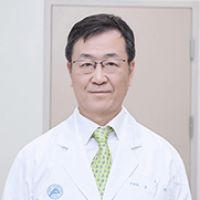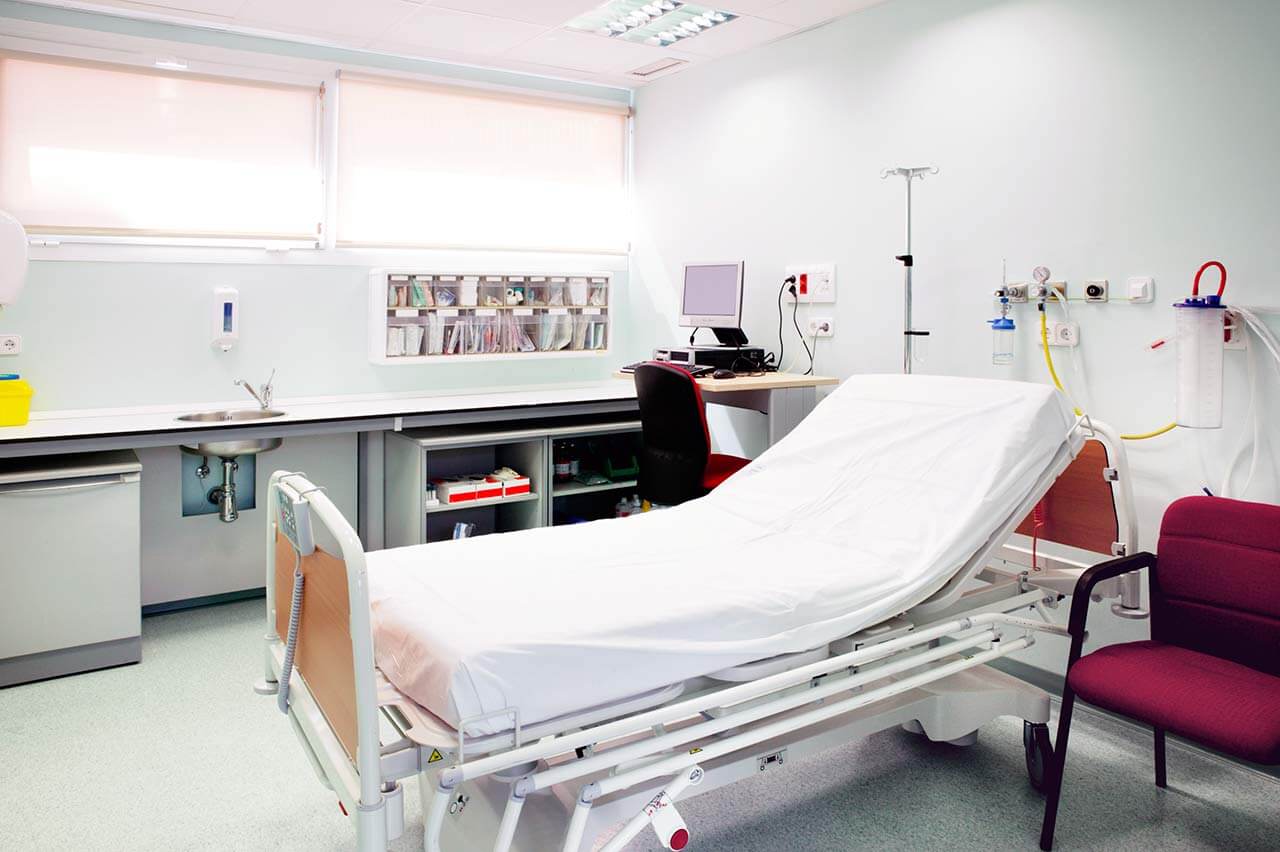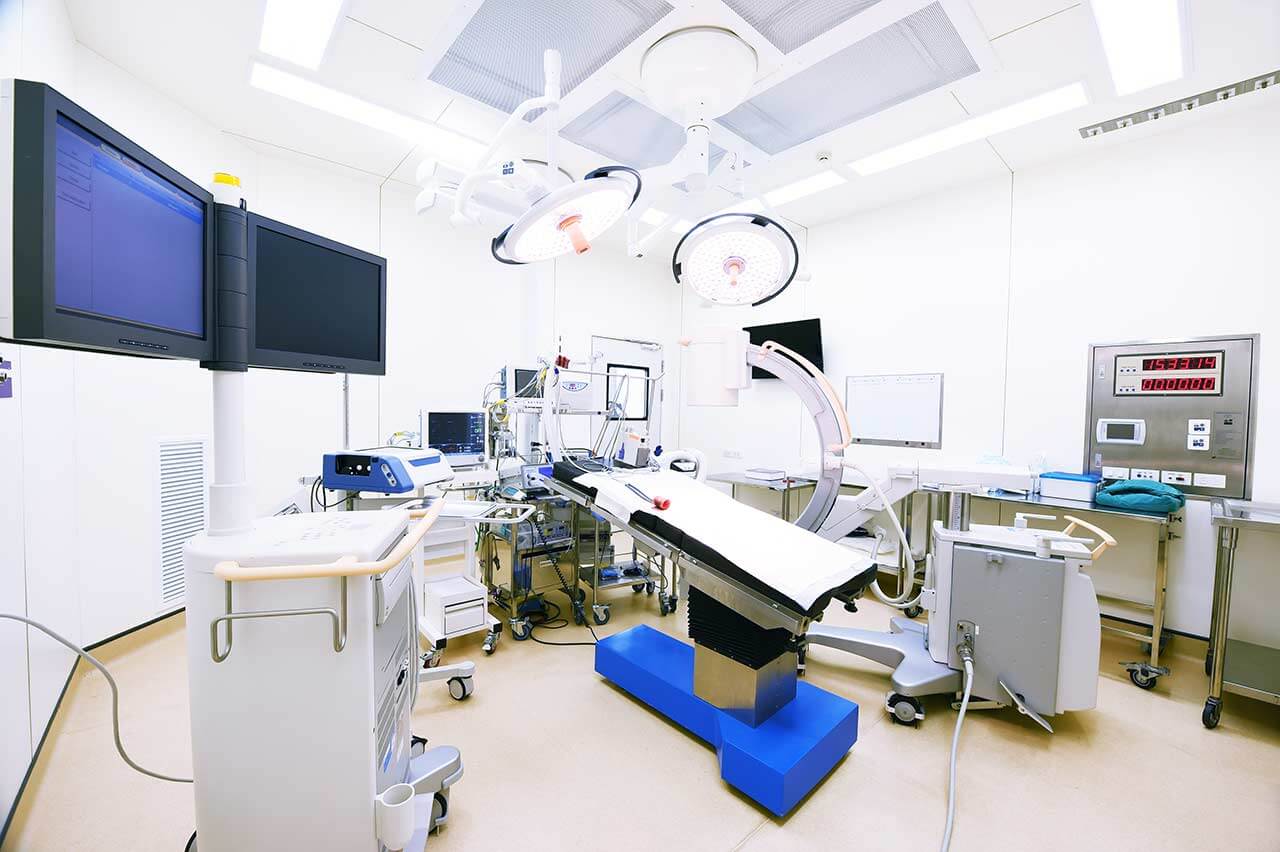
The program includes:
- Initial presentation in the clinic
- clinical history taking
- review of medical records
- physical examination
- laboratory tests:
- complete blood count
- general urine analysis
- biochemical analysis of blood
- inflammation indicators (CRP, ESR)
- indicators blood coagulation
- CT/MRI scan
- neuropsychological tests (on indications):
- ENMG (electroneuromyography)
- EEG (electroencephalography)
- SEPs (somatosensory evoked potentials)
- VEPs (visually evoked potentials)
- BAEP tests (brainstem auditory evoked potential)
- motor symptoms
- reflexes
- muscle strength
- Muscle tone
- coordination
- balance
- sensory symptoms
- sense of touch
- vision and eye movement
- hearing
- psychiatric symptoms
- mental status
- mood
- neuropsychological testing
- memory
- reasoning
- mental agility
- language function
- spatial reasoning
- psychiatric evaluation
- emotional state
- patterns of behaviors
- quality of judgment
- coping skills
- signs of disordered thinking
- vidence of substance abuse
- consultation of related specialists
- symptomatic specific treatment
- the cost of essential medicines and materials
- nursing services
- control examinations
- full hospital accommodation
- developing of further guidance
Required documents
- Medical records
- Genetic tests (if available)
Service
You may also book:
 BookingHealth Price from:
BookingHealth Price from:
About the department
The Department of Neurology at the Asan Medical Center provides diagnosis and medical treatment of disorders that occur in the brain and spinal cord, nerve branches (peripheral nerves), and muscles. It also serves patients who suffer dementia and strokes as well as Parkinson’s disease, headaches and vertigo, intractable epilepsy, multiple sclerosis, sleep disorder, etc. The department is headed by Dr. Jae-young Koh.
Dr. Jae-Young Koh, chief physician of the department, is regarded as a leading specialist in nephrology. His clinical duties include care of stroke and dementia patients as well as general neurology patients. His research interests include mechanisms of neuronal cell death in acute brain injury such as stroke and epilepsy; treatment peculiarities of neurological disorders such as Alzheimer’s disease and amyotrophic lateral sclerosis (ALS), etc.
The Department runs clinics such as the abnormal movement disorder clinic, Botox clinic, and a deep brain stimulation clinic to ease symptoms caused by Parkinson’s disease as well as a sleep disorder clinic to help patients overcome sleep problems.
The range of services of the department includes:
- Brain and spinal cord disorders
- Nerve and muscle diseases
- Dementia
- Strokes
- Parkinson’s disease
- Headaches
- Vertigo
- Intractable epilepsy
- Multiple sclerosis
- Sleep disorder
- etc.
Curriculum vitae
Education
- Doctor of Medicine, Stanford University, California, USA.
- Bachelor of Medicine, Seoul National University.
Major Professional Experiences
- Professor in Neurology, UUCM AMC.
- Associate Professor in Neurology, UUCM AMC.
- Assistant professor in Neurology, Washington University, St. Louis, MO.
- Residency in Neurology, Washington University Barnes Jewish hospital, St. Louis, MO, USA.
- Internship in Medicine, University of Southern California Los Angeles County hospital, Los Angeles., CA, USA.
Photo of the doctor: (c) Asan Medical Center
About hospital
Asan Medical Center is Korea’s largest medical institution, with 1,600 physicians and surgeons, 3,100 nurses, 2,680 beds, and 67 operating rooms, occupying more than four million square feet (about 371,600 square meters). A typical day at AMC sees 2,500 inpatients and 10,000 outpatients treated. The center specializes in treatment of heart diseases, cancer, digestive diseases, health screening and promoting as well as organ transplantation which is carried out within the corresponding centers of excellence.
In addition to the five above mentioned centers of excellence, the center also specializes in orthopedics (95 percent success rate for hip and knee replacements), treatment of Infectious diseases caused by microorganisms (bacteria, viruses, parasites, and fungi). The center occupies the first positions in the field of oral and maxillofacial surgeries (Department of Dentistry) and implantology. Apart from that, Asan’s Department of Reproductive Medicine and the Infertility Clinic work together as world leaders in assisted reproductive technologies. The Department of Plastic Surgery and the Asan Aesthetic Center offers a broad range of reconstructive and cosmetic surgeries.
Consistent pursuit of cutting-edge medical technology and devotion to patient-centered care has brought AMC many honors and awards. Perhaps its most prestigious honor is being named Korea’s Most Admired Hospital for five consecutive years (2007–2011) by the Korea Management Association Consulting. The Ministry of Health, Welfare, and Family Affairs repeatedly recognized Asan as a Highest Quality of Care Hospital, and in 2009 granted it the Grand Award for Korean Medical Travel, as a hospital well prepared for international patients.
Photo: (с) depositphotos
Accommodation in hospital
Patients rooms
Asan offers five different types of rooms, from budget-conscious multibed units up to VIP suites. All rooms include:
- electronically adjustable beds
- personal nurse call system
- bedside patient-controlled room light and TV
- individual cable TV including Korean, English, and foreign-language programming
- guest chair
- personal telephone for local and international calls
Meals and Menus
Asan also provides patients and visitors with a broad range of gastronomic offerings. The restaurants of the medical center serve Korean, Western, Japanese and Chinese cuisine.
Further details
Standard rooms include:




